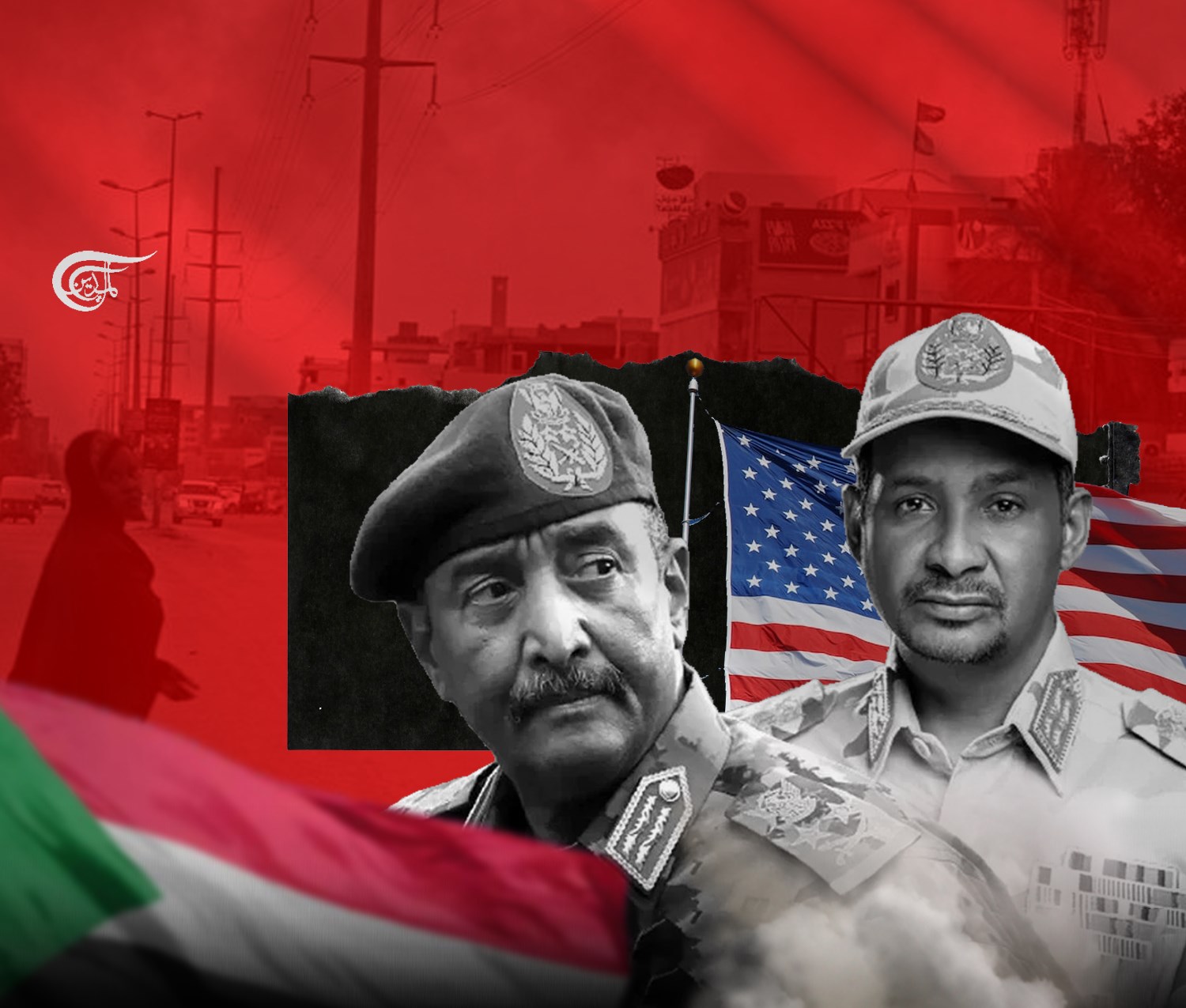The Sudan imbroglio and prospects for peace in 2023
The escalation of tensions and the intractable nature of the conflict stems from weeks of lingering tensions between the army and the paramilitary force over the proposed integration of the RSF into the Sudanese National Army.
What has unfolded in Sudan in 2023 is truly alarming. Bloodshed, violence, rival factions vying for influence, spiking casualty tolls, and a refugee exodus have characterized its trouble landscape as the country reels from a debilitating economic crisis amid an elusive democratic transition. Sudan consistently ranks as one of the world’s most impoverished and least developed countries with an appalling human development index ranking of 172 as per 2022. Its 2023 crisis has made world headlines with the international community ranging from the G7 to the United Nations urging all sides to de-escalate, disarm, and return to the negotiating table. For any durable solution, however, it is critical to identify the genesis of the Sudanese imbroglio and whether sustainable peace can materialize to mitigate the suffering of the Sudanese people.
It is clear that recent efforts such as the 72-hour ceasefire that was brokered by the United States have proven to be futile. The Sudanese Armed Forces and the Rapid Support Forces (RSF) resumed hostilities on the 25th of April 2023, with the capital Khartoum becoming a war zone. The escalation of tensions and the intractable nature of the conflict stems from weeks of lingering tensions between the army and the paramilitary force over the proposed integration of the RSF into the Sudanese National Army. After seizing power in the 2021 coup that deposed former head of state Omar Al-Bashir, the fundamental question now confronting the Sudanese people, peaceniks, and the international community is who would be the country’s military chief during the integration period. The fact that this question has remained unresolved is a contributing factor to the current imbroglio.
What is transpiring in Sudan is not proxy warfare but a power struggle between General Abdel Fattah Al-Burhan and his deputy and RSF leader General Mohammed Hamdan Dagalo, which is having a trickle-down effect on peace and tranquility. After jointly orchestrating the 2021 coup, both generals then faced the uphill task of striking a deal with civilian leaders called the ‘December Framework Agreement’, which, despite promising to create the establishment of a transitional civilian authority in the country, was denounced by civilian protesters. It also left the question of the integration of the RSF into the National Army’s fold unresolved. The unfortunate reality is that conversations on security sector reform and the merger of the RSF resulted in an armed conflict between the two rivaling sides instead of table talks to resolve differences.
Furthermore, the RSF was created in 2013 from the ‘Janjaweed’ militias, which have been accused of perpetrating war crimes in the Darfur region. In 2017, the RSF was legitimized as an independent security force in Sudan and coincided with General Hamdan Dagalo witnessing a rise in his corporate dealings, including the expansion of family holdings in sectors of the Sudanese economy including gold mining, infrastructure, and livestock. The 2021 coup, the subsequent democratic crisis, and the military showdown leading to the vicious cycle of violence which has pitted General Dagalo against Abdel Fattah Al-Burhan in 2023 are all about power politics. There is little denying the fact that the violence perpetrated on a daily basis is solely for the control of Khartoum despite leading to at least 413 deaths and thousands of injuries. The UNHCR estimates that 270,000 Sudanese refugees are slated to flee across the country’s borders which include nearby South Sudan and Chad. This again is a conservative estimate as it does not factor in countries such as Egypt, Libya, and Ethiopia. What is clear is that the blowback from continued hostilities is immense.
With the cessation of violence being off the cards, the focus of the international community and regional players should be less on mitigating violence and more on resolving the military impasse. While the Saudi Arabia-US-led initiative to promote a 72-hour truce does help in putting a temporary halt to hostiles, the permanent solution lies in bringing all stakeholders to the negotiating table to iron out differences. A high-level committee that is indigenous to Sudan and functions in the absence of American interference, for example, can possibly usher in a durable peace framework where both General Dagalo and Al-Burhan agree to discuss the future of the RSF.
Sudan’s geographical proximity to the already restive Horn of Africa, which is grappling with insurgencies, droughts, and the existential threat posed by terrorist organizations, such as Al Shabaab, entails that the absence of conflict resolution will ignite a tinderbox across Sub-Saharan Africa and beyond. Ethiopia, South Sudan, and Chad have all been affected by political upheavals and civilian strife, while the bilateral relationship between Sudan and Ethiopia remains complicated over farmland border disputes, the Tigray conflict, which has resulted in thousands of refugees entering Sudan, and differing views on the Grand Ethiopia Renaissance Dam. Then comes the geopolitical dimension of the conflict, which is equally problematic for peace and stability. While the United States and its allies have sponsored mediation in Sudan alongside the African Union and the United Nations, Sudan has been open to Russia establishing a military base on the Red Sea dating back to the Al-Bashir era. Domestic upheaval in Sudan can result in Cold War provocations in the region, which Africa and the international community cannot afford.
The cessation of hostilities and violence in Sudan has detrimental implications for the entire globe. Based on current trends, the violence shows no sign of abating, and unless dialogue, diplomacy, and sanity prevail, the people of one of Africa’s most impoverished countries will continue to suffer.

 Hamzah Rifaat
Hamzah Rifaat
 6 Min Read
6 Min Read












